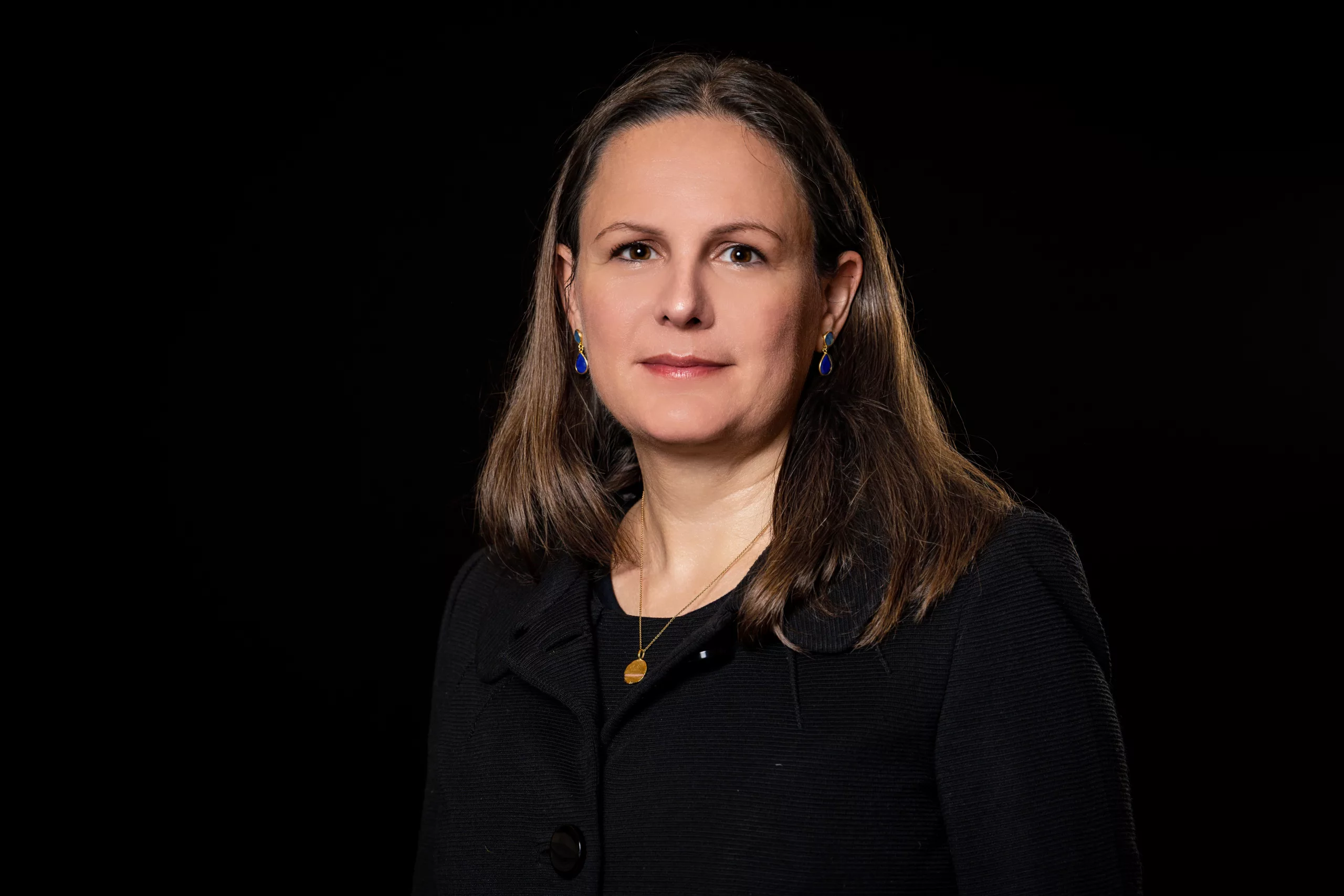In most instances the unmarried parent will seek child maintenance through the Child Maintenance Service (“CMS”). However, where the parents are of means there is also recourse available to seek provision for the benefit of any child or children under Schedule 1 and section 15 of the Children Act 1989. This provision includes “top up” maintenance over and above the amounts the CMS can award (where the non-carer has income exceeding £156,000 gross per annum) and provision for school fees, lump sum(s), a “carer’s allowance” and the purchase or transfer of a property to the parent with care of the child/ren. However, this does not replicate provision that is available where the parties have been married and is far more limited as it has to be made “for the benefit of the child”. In particular, any carer’s allowance will cease on the child turning eighteen or completing full time education and any housing provided for the benefit of the child will at that point generally revert to the parent who provided it. This can leave the parent who has taken care of the child in a precarious situation when the home that they have lived in and the income that they have relied on are removed.
In the recent case of CA v DR (Schedule 1 Children Act 1989: Pension Claim) [2021] EWFC 21 the court considered the provision that the court is able to make.
The parties had been in a relationship from 2012 until April 2019. They had one child together aged 4 (the father had two older children from a previous marriage.) The father was extremely wealthy with assets worth around £190M and an income of £3.8M per annum and as such he relied on the “millionaire’s defence” – that his wealth was such that he could meet any award that the court might reasonably make in relation to the provision for the child without having to provide detailed financial disclosure.
The mother had ceased working when she moved in with the father and since the birth of the child had been a full time mother. She had little by way of assets in her own right and was entirely dependent upon the father.
The parties each set out what they considered to be reasonable provision for the child. The mother sought a housing fund of £2M plus purchase costs, a lump sum of £380,000 to meet various expenses and to buy a car and an income of £238,000 which included an amount of £40,000 per annum for the mother to be able to contribute to a pension scheme for her future. In contrast the father offered £1M (including costs) for housing, £60,000 by way of a lump sum for expenses and £96,000 per annum by way of income. He also offered to provide for a leased car.
In support of her case the mother argued that during their relationship there had been no constraints on their lifestyle choices. They lived in Cheshire in a house worth £4.36M, travelled by private jet and by the father’s helicopter. The father had a keen interest in racing and motorsport and had the glamourous lifestyle that goes alongside that. However, he had also sought to have a grounded home life with his older children, cooking at home, eating at smaller local restaurants and had no interest in expensive clothing.
The father’s obligation in terms of housing was to provide a home whilst the child remained a minor – it was agreed that this would be until the end of the child’s first degree at University. The judge found that the appropriate amount was £1.6M with the father to meet the purchase costs. She also awarded £100,000 for furnishing and equipping the home and agreed that the father could provide the mother with a car by way of a leasing arrangement.
In terms of providing an income for a mother this can include a “carer’s allowance”, effectively a way of providing for the mother’s costs whilst she is caring for the child durings its minority. The mother is not entitled to this amount in her own right but as the child’s primary carer and therefore the maintenance will last for no longer than the period of the child’s minority. Thereafter the mother has no right to any maintenance in her own right. The mother sought £195,323 as her carer’s allowance including £56,000 of holidays. The Judge reduced this to £150,000. Again, the father’s obligation would expire at the end of the child’s tertiary education.
The unusual feature of this case was that the mother was seeking an amount of £40,000 per annum to enable her to build up a pension fund. The arguments in this regard are well rehearsed. In taking on the primary care of the child the mother’s own ability to generate income and build up a career to provide for her future was limited. The mother’s arguments in this regard were not allowed. It has long been held that the purpose of the income awarded on a Schedule 1 claim should not be for the recipient to save (by pension or otherwise) for the time when she will no longer be in receipt of monies from the father. This dates back to obiter remarks by Lord Justice Thorpe in Re P (a child) (financial provision) [2003] EWCA Civ 837 that there should be “no slack to enable the recipient to fund a pension or endowment policy or otherwise to put money away for a rainy day.” The provision is designed to meet the day to day income needs of the mother and child and not to provide surplus for the future when the father’s obligations have ceased.
Whilst the amounts awarded to this mother will undoubtedly leave her in an enviable financial position for the next 17 years or so – living in a house worth £1.6M with a leased car and an income of £150,000 per annum, it can be seen that her position will be in sharp contrast with that of the father with £190M of assets and £3.8M annual income. The case law says that a child is entitled to be brought up in circumstances that bear some sort of relation to the father’s accommodation but it is clear that this does not entitle the mother to equal accommodation. The mother will also have to think very carefully about her future. When their child completes her tertiary education (to the end of her first degree), the home that the mother will have had the benefit of will revert to the father and her income from him will come to an end. This has the potential to leave her on a “cliff-edge” at the end of the child’s minority. In this case the judge felt that the mother would be able to organise herself to provide for the future.
Unless Parliament changes the law unmarried parents need to ensure that they understand that on separation they are not entitled to support from their partner in their own right but only in their capacity as carer for a minor child. When the child reaches 18 or completes their full time education that support comes to an end and any housing provided for the benefit of the child will revert back to the providing parent. The amount of income provided is designed only to meet the income needs of the parent and child and is not designed to enable the parent to build up any savings or provision for the future. This can leave parents in a very vulnerable financial position at a time when their ability to enhance their earning capacity may be limited. When an award is made for the provision of a large home and a significant income there is a long way to fall when this support disappears at the end of the child’s minority. Protection for cohabitants and unmarried parents remains lacking.
Article by Kelly Gerrard, Legal Director and Knowledge Development Lawyer in the Family Department. For further information, please contact Kelly Gerrard by email or your usual contact in the Family Department or, alternatively, telephone on 020 7465 4361.


